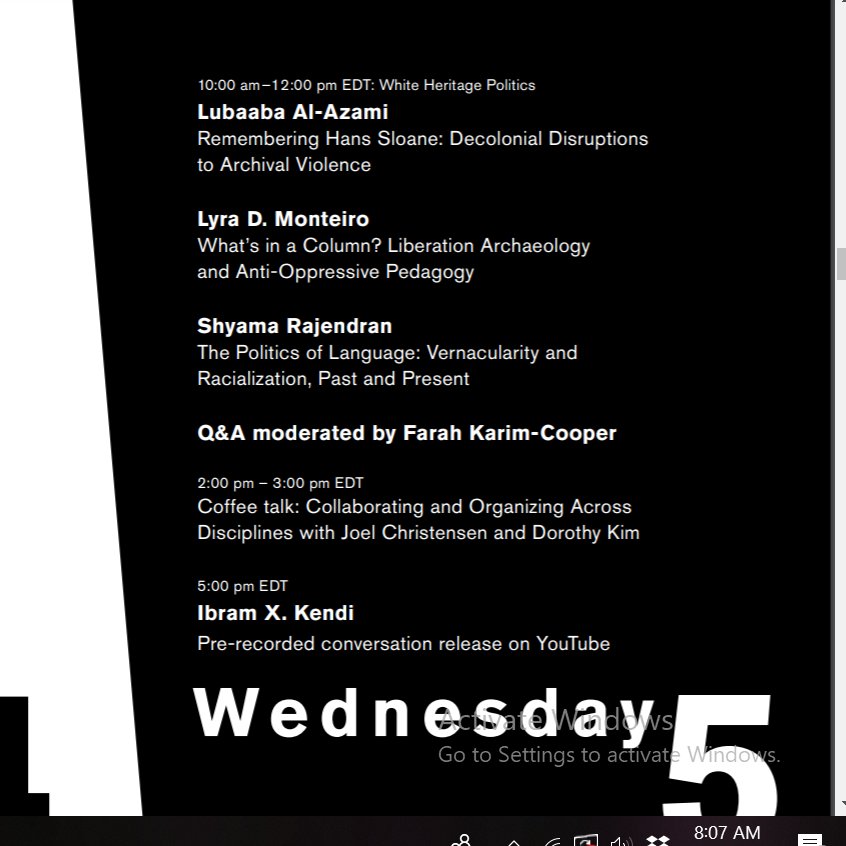
Following up on @SarahEBond's tweet: a list of reasons why Campbell's monomyth is problematic
7 themes.
7 themes.
https://twitter.com/SarahEBond/status/1389550956275195908?s=20
1. The monomyth presents simplified descriptive narrative pattern as a prescriptive tool, overlooking that most myths that have monomythic patterns can be analyzed in different ways for many different functions. Campbell reduces myth to what is useful for Campbell
2. The monomyth oversimplifies a 'hero', ignoring different distinctions: ancient heroes were not about virtue and sacrifice. They were about a. cosmic eras (an age of man, or generation of hemitheoi; b. a heros is a person in their full strength, full "bloom" riffing on "hera"
2a. The mythological definition of hero as following a pattern is useful, but it is a descriptive observation. basing stories on it as a recipe reifies problems of representation
3. Campbellian heroes aren't even a new or original idea, Paging Vladimar Propp, Lord Raglan, Sigmund Freud and Campbell's super daddy, Carl Jung,
The 17 stage of a heroes life atomizes a bunch of narratives and shoehorns stories into typology. it emerges from a culture of looking for experts on everything 

4. the Monomyth relegates most people to being heroes' helpers or objects
Until recently it had no room for BIPOC heroes and women.
Until recently it had no room for BIPOC heroes and women.
4a. The monomyth with some exceptions reifies heteronormativity. It engages with and amplifies culture
My best friend marty growing up used to cry because no one would let him be princess leia
My best friend marty growing up used to cry because no one would let him be princess leia
5. The monomyth has no room for human life: for aging, having children, having families. it is ableist to the extreme.
Again, there are exceptions, but they are rare
Again, there are exceptions, but they are rare
Seriously, there is no room for human life in the monomyth. Heroes don't have families, they kill families. Heroes don't have friends, they have assistants.
The monomyth does't help us understand how to age, to live or to die.
Heroes suffer and cause suffering
Heroes suffer and cause suffering
6. The monomyth mistakes the descriptive for the prescriptive and does not acknowledge the harm that storytelling can do.
7. the monomyth capitalizes on the cult of the individual and leaves no room for the communities heroes exist for
It does active damage by making us see the world in Randian simplicity
It does active damage by making us see the world in Randian simplicity
Campbellian hucksterism is connected to our muscular capitalism in a way: it emphasizes the individual and personal over community.
And it works as a product and producer of culture because we don't understand how storytelling works well enough
And it works as a product and producer of culture because we don't understand how storytelling works well enough
the monomyth sets up unrealistic expectations. It harms people who don't see themselves represented. But it harms all of us because so much of human life is left untouched by its severe individualistic glory
Also I did not hit this hard enough on 4. The execution of the monomyth traps people in roles based on the bodies they inhabit
Race. Gender. Sexuality. Ability. The monomyth traps us
Race. Gender. Sexuality. Ability. The monomyth traps us
This all leaves out that some storytellers try to use the myth to break the pattern.
Herbert's Dune. SAM AND frodo in LOTR, @Sayantani16's indian women, the non neurotypical heroes of Riordan's world, comic book heroes since Wonder Woman
Herbert's Dune. SAM AND frodo in LOTR, @Sayantani16's indian women, the non neurotypical heroes of Riordan's world, comic book heroes since Wonder Woman
Matrix as a transgender allegory...etc
But they still rely on the pattern to tell their tale and an audience ill educated to how story works sees the pattern too often not the variation
But they still rely on the pattern to tell their tale and an audience ill educated to how story works sees the pattern too often not the variation
Each one still habituates us to see life as a rising action that terminates in what, young adulthood?
And no shade on these great authors. But there is only so much you can do with the tale.
To keep adding: even authors who write against the monomyth are guided by it.
Pullman's Lyra, Jordan's Rand Al-thor, even Martin's disdain for the hero who finds a sword in a field is shaped by it
Pullman's Lyra, Jordan's Rand Al-thor, even Martin's disdain for the hero who finds a sword in a field is shaped by it
Imagine if we focused on different narratives, on suffering and loss
The hymn to demeter is a story of withdrawal and return, another central pattern from myth
Theogony is about gender conflict and generational war.
Oedipus is a monomyth plus a theogony ad absurdum
The hymn to demeter is a story of withdrawal and return, another central pattern from myth
Theogony is about gender conflict and generational war.
Oedipus is a monomyth plus a theogony ad absurdum
adding, inspired by @independentpen
the monomyth levels out plurality of being. it and exercises a cultural chauvinism.
I hate to say it is a tool of patriarchy and white supremacy, but, ok I don't hate to say it.
the monomyth levels out plurality of being. it and exercises a cultural chauvinism.
I hate to say it is a tool of patriarchy and white supremacy, but, ok I don't hate to say it.
To be clear, the monomyth is not necessarily or exclusively a tool of patriarchal white supremacy, but it has been a successful tool in its hands.
.@DimitriNakassis is all like 

unroll @threadreaderapp
• • •
Missing some Tweet in this thread? You can try to
force a refresh




